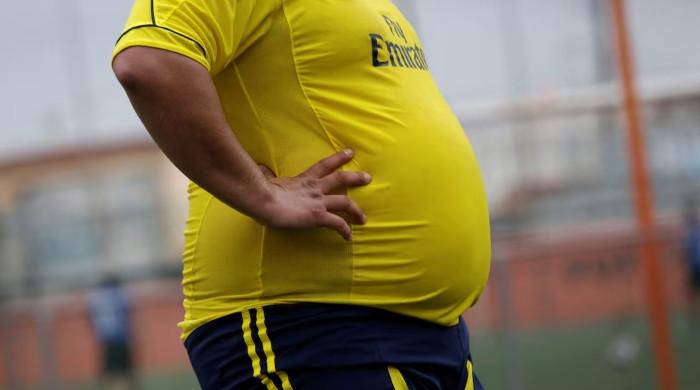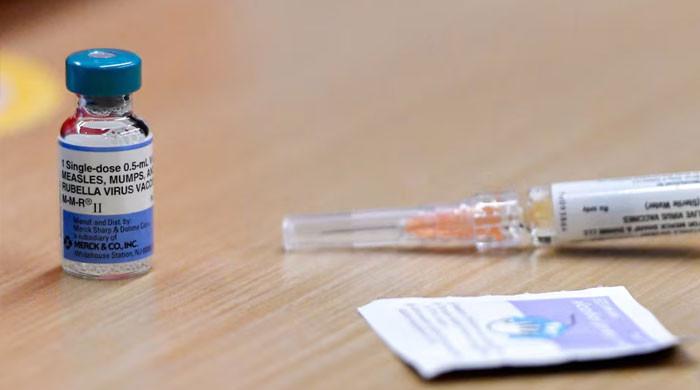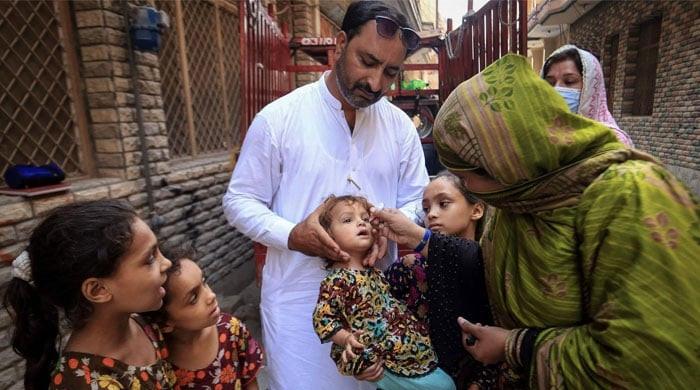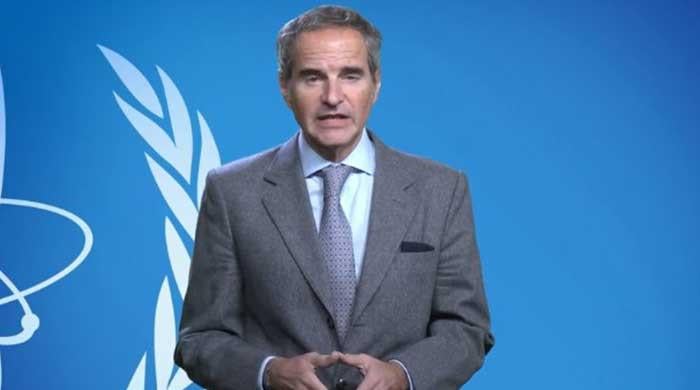Poliovirus detected in Lahore sewage, once again
NIH said that sewage sample was collected from Lahore on January 16
January 29, 2023
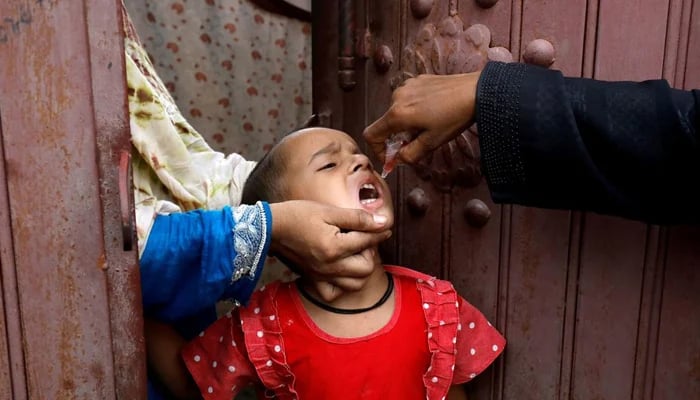
- Virus found in sewage water in Lahore's Multan Road area on Jan 16:NIH.
- Samples collected from Gulshan Ravi on Jan 2 also contained poliovirus: NIH.
- Last poliovirus case from Lahore was reported in July 2020.
The National Institute of Health (NIH) on Sunday confirmed the detection of poliovirus from Lahore's environmental samples for the second time this month.
According to the NIH, the poliovirus was detected in sewage water in the Multan Road area, on January 16 and in samples taken from Gulshan Ravi Lahore on January 2.
Experts say that environmental samples from Lahore currently contain polioviruses from South Waziristan and Nangarhar Afghanistan.
However, NIH said that no polio case has been reported in Pakistan, so far, this year.
The last poliovirus case from Lahore was reported in July 2020. However, the virus has been periodically detected in its sewage water. Last year, four environmental samples were found positive for the virus.
On Tuesday, Minister for National Health Services, Regulations and Coordination Abdul Qadir Patel confirmed Pakistan's first detection of the wild poliovirus in 2023 — found in an environmental sample in Lahore.
The poliovirus found in Gulshan-e-Ravi's sample found links to Afghanistan's Nangarhar province from last November, NIH said.
Patel said the two "countries are united in the fight against the virus and are working together to eradicate" the crippling disease.
He added that while the isolation of the virus was a cause of concern, it was excellent to note that it was detected promptly. "This timely detection of the virus in the environment was crucial to protecting children from being paralysed by the poliovirus."
Stressing the need to vaccinate children timely, the minister said: “The only way to stop the virus is to vaccinate all children under the age of five. It is critically important that parents and caregivers, particularly in Lahore, ensure that their child is vaccinated in the February round.”
While there is no cure for polio, vaccination is the most effective way to protect children from this crippling disease. Each time a child under the age of five is vaccinated, their protection against the virus is increased.
Repeated immunisations have protected millions of children from polio, allowing almost all countries in the world to become polio-free, besides the two endemic countries of Pakistan and Afghanistan.





